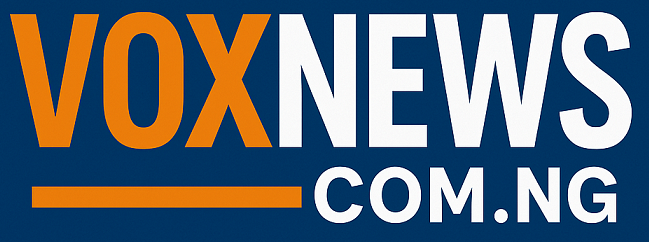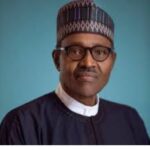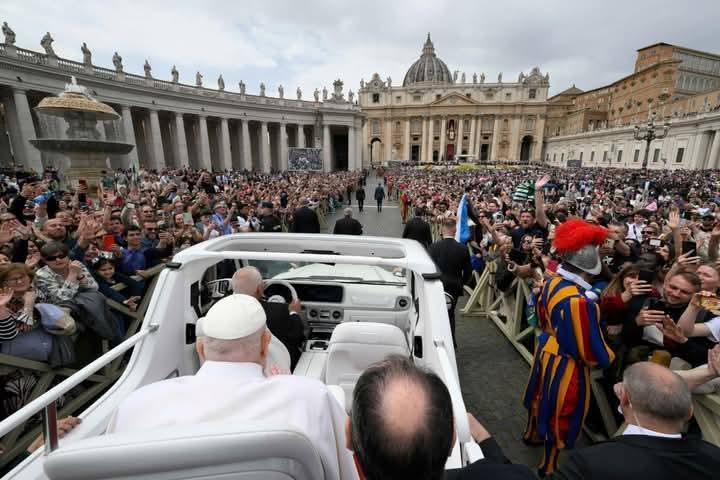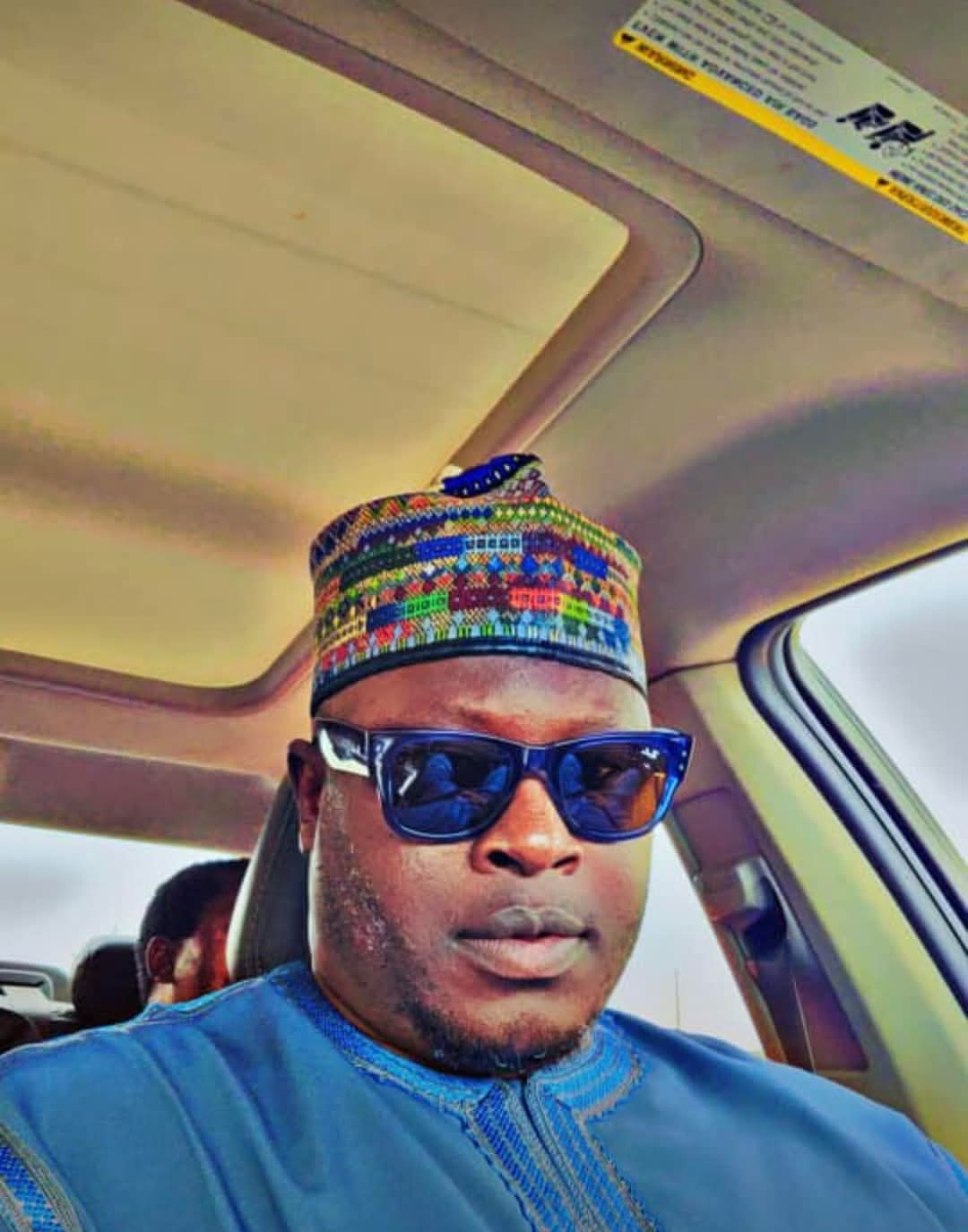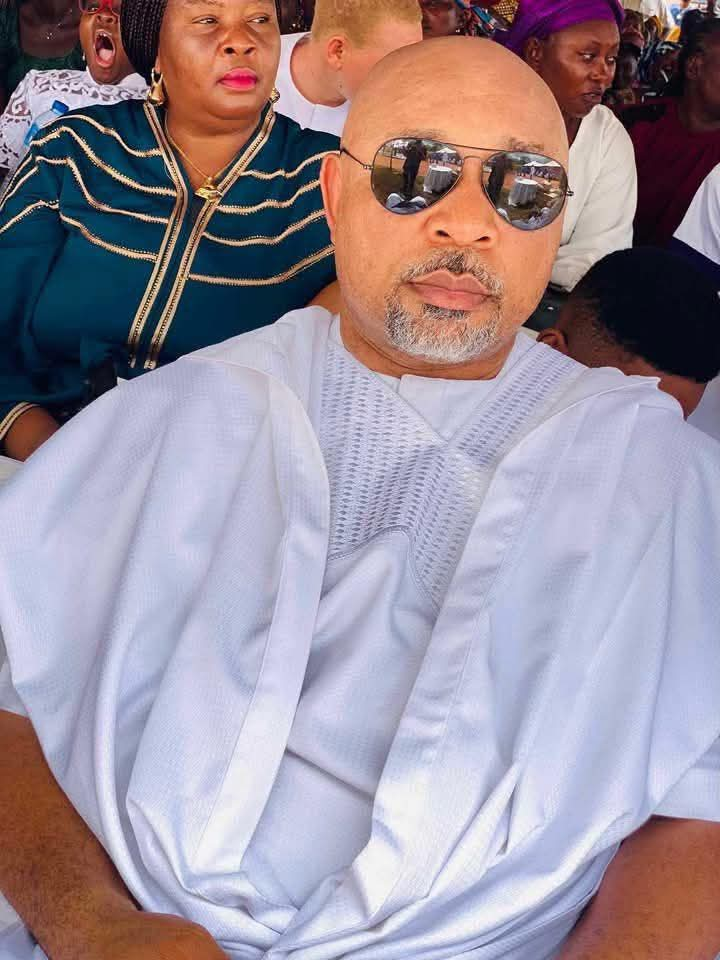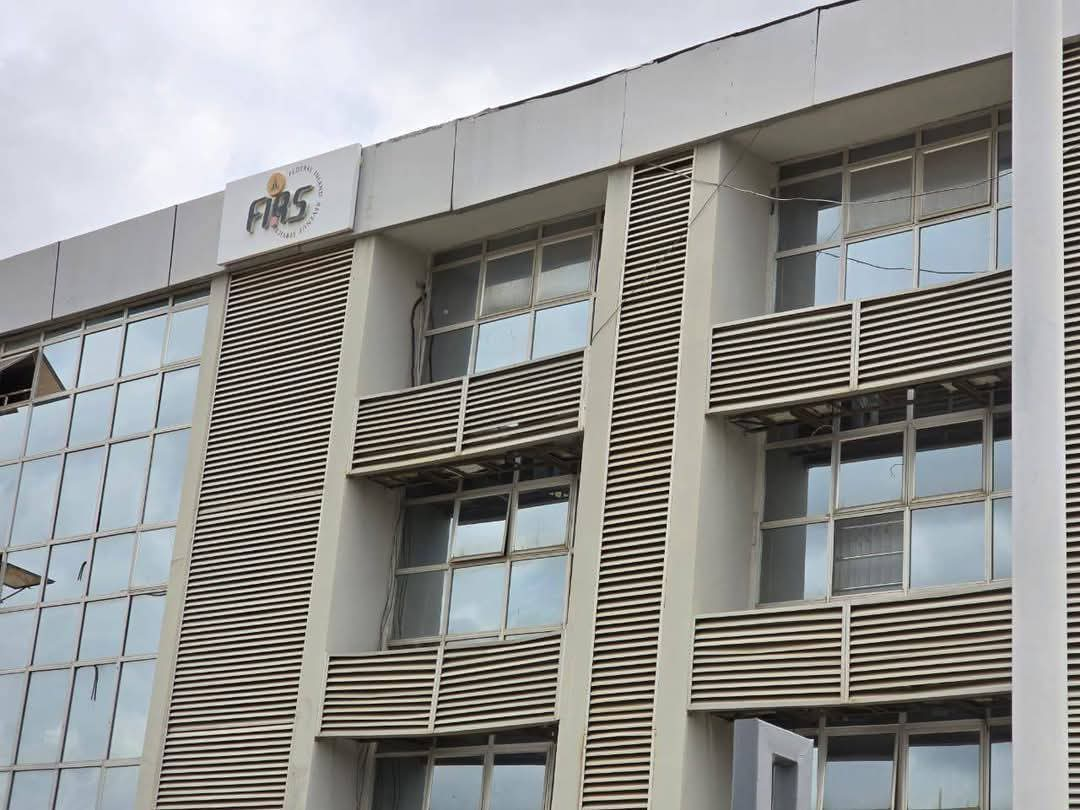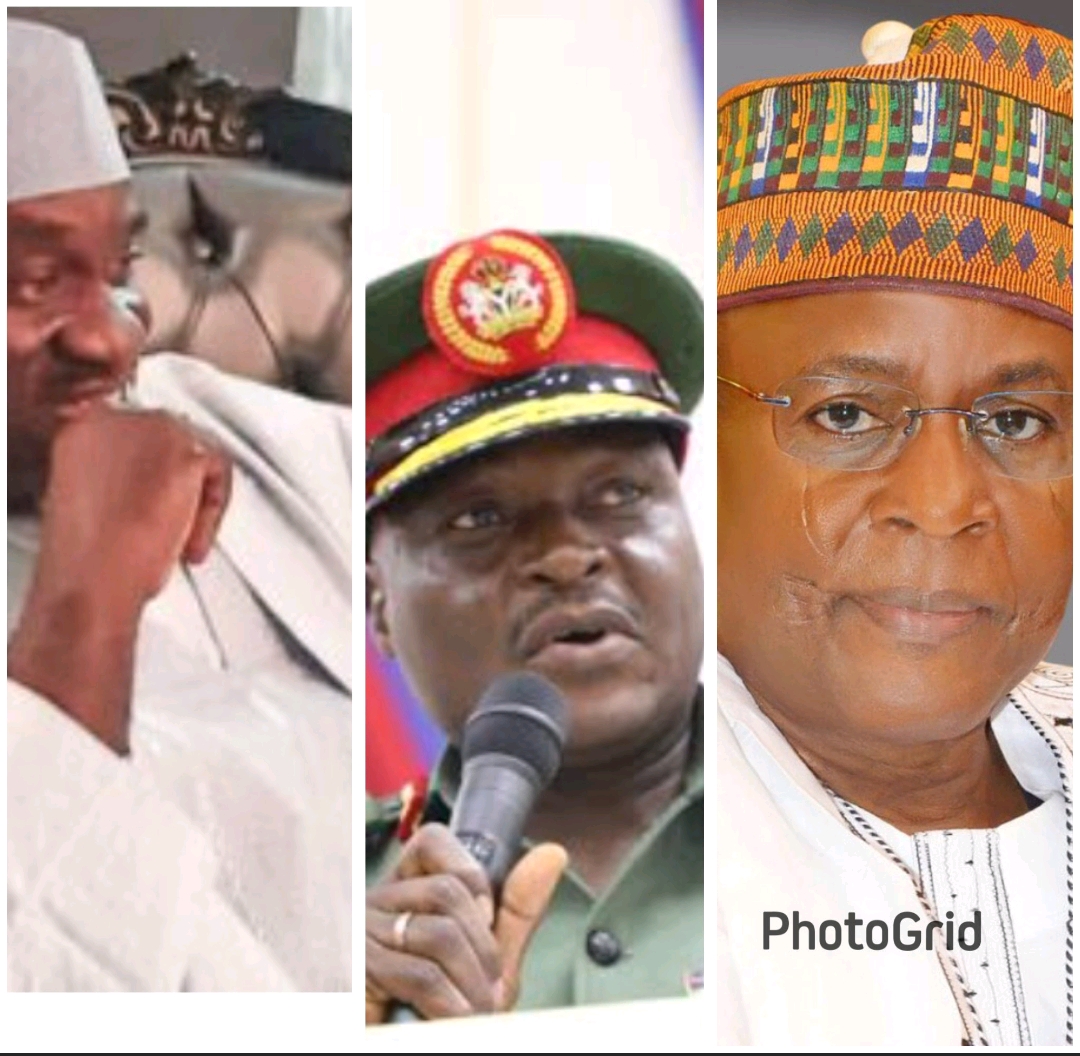By Christopher Sunday|voxnews.com.ng
The papacy is one of the most significant and venerated offices in the world. As the spiritual leader of over one billion Catholics and the successor of Saint Peter, the pope embodies both a religious symbol and a moral authority. Because of the sacred and hierarchical nature of the Catholic Church, many people naturally assume that the pope must be chosen from among the cardinals or at least ordained clergy. However, this is not strictly the case. According to the Canon Law of the Roman Catholic Church, any baptized male Catholic is eligible to be elected pope—even a layperson.
This little-known fact is rooted in the Church’s long-standing legal tradition. Canon 332 §1 of the 1983 Code of Canon Law states that the pope is freely elected by the College of Cardinals, and that any baptized male Catholic can be validly elected. Although this canon opens the door for a layman to ascend to the papacy, there is a major condition: if the elected individual is not already a bishop, he must be immediately ordained a priest and then consecrated as a bishop. This is necessary because the pope, by definition, must be the Bishop of Rome and the visible head of the Catholic episcopacy.
History provides a few rare examples of laymen who were elevated to the papacy. One of the most cited cases is that of Pope John XIX, who was a layman when he was elected in 1024. He was rapidly ordained through all the necessary clerical ranks and installed as pope, largely due to the political influence of his powerful Roman family. Another example is Pope Urban VI, who was not a cardinal prior to his election in 1378, although he was at least a member of the clergy. These instances, however, occurred in an era when the Church was far more intertwined with political power and less bound by the strict processes and expectations that govern the modern papacy.
In contemporary times, the idea of a layperson being elected pope is considered virtually impossible. The Church today is a highly organized global institution that values theological education, pastoral experience, and ecclesiastical hierarchy. The College of Cardinals, who are responsible for electing the pope in a conclave, almost always choose one of their own. Cardinals are senior Church leaders, often with years of experience in theology, diplomacy, diocesan leadership, and service to the Vatican. For a layman to be elected would require not only an extraordinary consensus but also a willingness to defy centuries of established tradition.
Moreover, the modern Church faces complex challenges—ranging from doctrinal issues and interfaith relations to geopolitical tensions and internal reforms—that demand experienced and spiritually seasoned leadership. A layman, no matter how devout or intellectually gifted, would not typically have the formation necessary to navigate these responsibilities effectively. Additionally, the process of immediate ordination from layman to bishop would raise questions about readiness, spiritual maturity, and the message it sends to the global Catholic community.
That said, the canonical possibility still exists. It serves as a reminder that the Church, though structured, allows for divine unpredictability. This rare provision reflects the Catholic belief that the Holy Spirit guides the election of a pope and that God can work through unconventional means to bring about leadership for His people. While such an event is extraordinarily unlikely in today’s context, the inclusion of this possibility in Canon Law underscores the Church’s openness to divine inspiration beyond human expectations.
In conclusion, while a layperson can, in theory, become pope according to Canon Law, the practical and historical realities of the Catholic Church make it nearly impossible in modern times. The election of a pope is not merely a legal process—it is deeply tied to tradition, experience, and the pastoral needs of the Church. Thus, the idea remains more of a theological curiosity than a plausible scenario. Yet, its mere possibility highlights the richness and depth of Catholic doctrine and the enduring mystery of divine providence.
